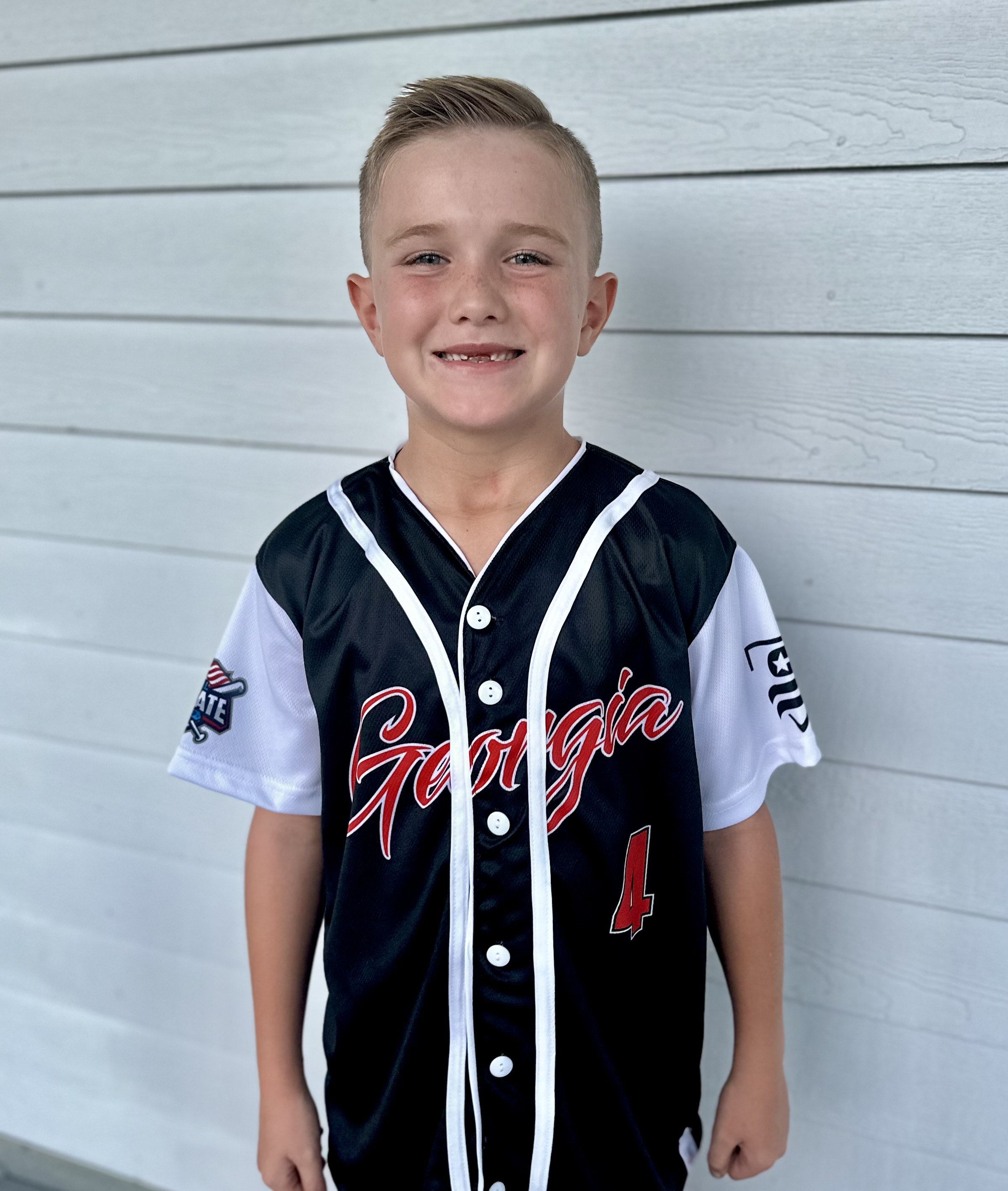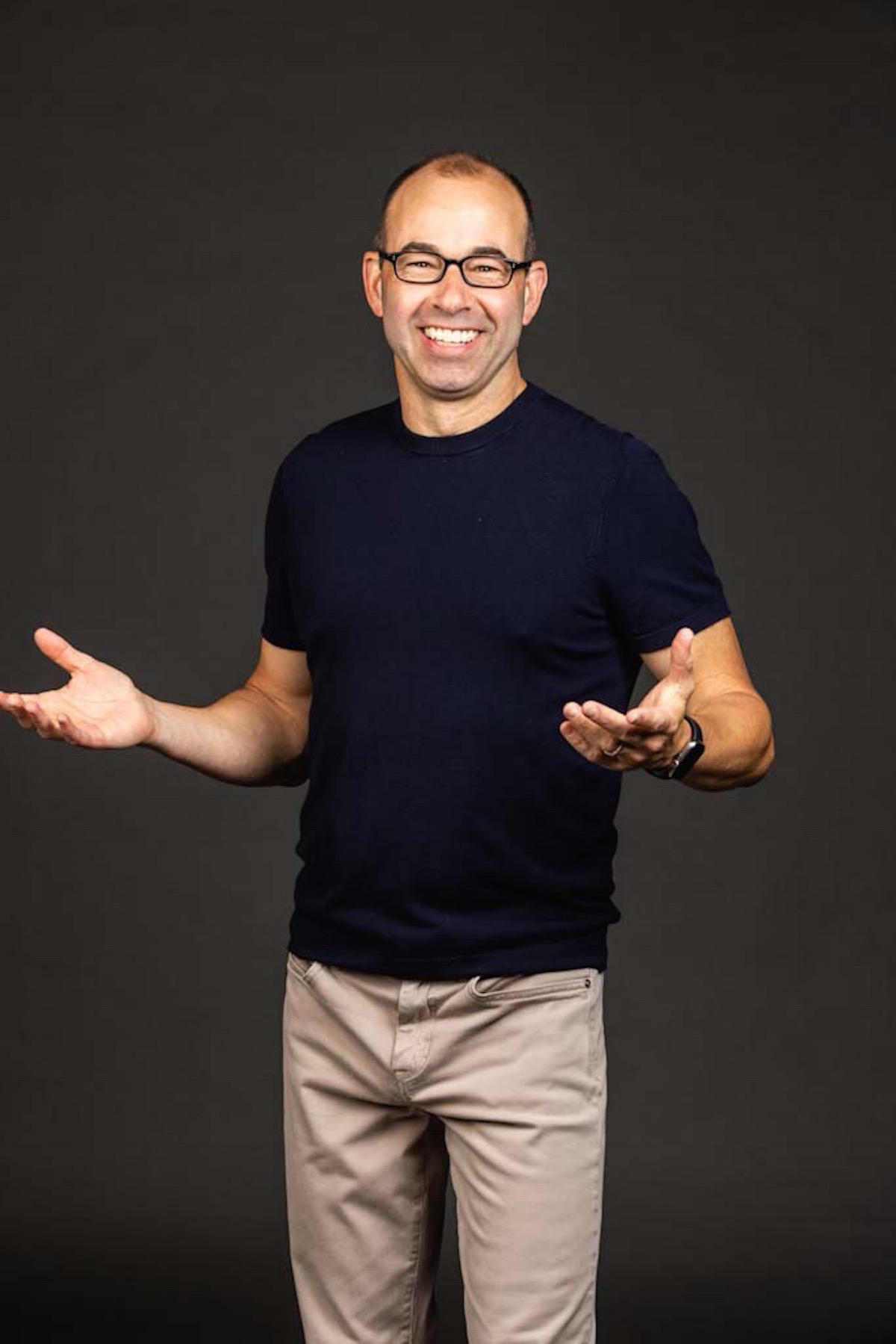New marker for Mary Turner: Lynching memorial rededicated
Published 6:00 am Monday, December 13, 2021

- Bryce Ethridge | The Valdosta Daily TimesRegenia Thomas (great-great-granddaughter, far left), Audrey Grant (great-granddaughter, left), Dr. Randy McClain (great-nephew, right), and Katrina Grant (great-great-granddaughter, far right) were in awe of their ancestor's new marker.
HAHIRA – Activists, community members and family gathered to honor Mary Turner at a newly re-erected marker commemorating her death and others who died in a South Georgia lynching rampage in 1918.
Everyone gathered agreed that her death shouldn’t have happened; however, there is a lesson to be learned.
Trending
The new marker, which replaces one previously vandalized, sits just a few steps away from Webb Miller Community Church and five miles from the spot where Turner was killed in Hahira.
But she wasn’t just killed; she was lynched.
Turner was eight-months pregnant when she was burned, mutilated and shot to death by a local mob for publicly denouncing her husband’s lynching the prior day.
Following the death of a white planter at the hands of a Black man, a lynch mob killed at least 11 Black people, the “deadliest wave of vigilantism” in Georgia’s history.
No charges were ever filed and so it became a part of a systemic issue from 1880-1930 where 500 people were killed in illegal acts.
Michael Noll, a representative for the Valdosta Coalition for Peace, said society needs to “embrace the uncomfortable facets of the country’s history.
Trending
“As the philosopher George Santayana put it, those who cannot remember the past are condemned to repeat it,” Noll said. “Without truth, there can be no forgiveness, no reconciliation, no healing, no justice.”
If the National Anthem concludes saying “the flag is waving over the land of the free and the home of the brave,” Noll said the country should be asking how it’s living up to those ideals, adding the country can’t be brave and free until it faces its racist past and confronts it.
Mason Barfield, Hahira mayor pro-tem, said history has provided lessons about what needs to be changed, so we need to heed that call but also history has shown hope.
“(It’s a) hope that things as of now are better,” he said. “It’s not where they should be but hope in the future of where we want to go.”
His hope, he said, is the new marker will be a beacon of acknowledgement and a beacon of hope for a better world where the circumstances causing Mary Turner’s death never happen again.
Turner’s descendants were invited to the event. They include Audrey Grant (great-granddaughter to Mary Turner), her daughters, Regenia and Katrina Thomas (great-great-granddaughters to Turner), Dr. Randy McClain (great-nephew) and his son, Jeremiah McClain (great-great-nephew).
Grant said seeing the marker reminded her of a song, one that said, “What is this? What is this that makes me feel so good inside? What is this? It won’t let me hold my peace.”
Randy McClain said he was fighting conflicting feelings toward the marker on his way down to Hahira from Atlanta.
There was anger as he asked himself why a rededication service had to be performed in the first place, adding it’s sad that a lot of the racism of 1918 still exists today.
He remembered something his mother taught him to quell those feelings.
“Whatever has happened to hurt you, God will always raise a standard,” he said. “So, for today I would look at it and say, ‘What other place to be than on sacred grounds — holy grounds — of a church where she’s safe, protected, close to family and will always be remembered for her courage.”
He said there’s another message to come from the event. It’s a call to action asking people to be leaders echoing the courage of Turner who called out wrongdoing in the face of danger.
“The words we speak are powerful — they either build or they tear down, so be very intentional about the message we send in any given moment,” McClain said.
Even when we feel anger, he said, employ emotional intelligence in knowing the emotional triggers that may cause you to react in a certain way, then transform it into a spirit of love.
He asked that when people see something wrong, don’t submit to it but challenge it with a spirit of love and excellence.
“Most importantly encourage the hearts of others, enable others to act,” McClain said. “I am so proud that I can say that Mary Turner is my great-aunt.”
The Georgia Historical Society was responsible for developing the new marker with community funding and it will maintain the marker periodically.





